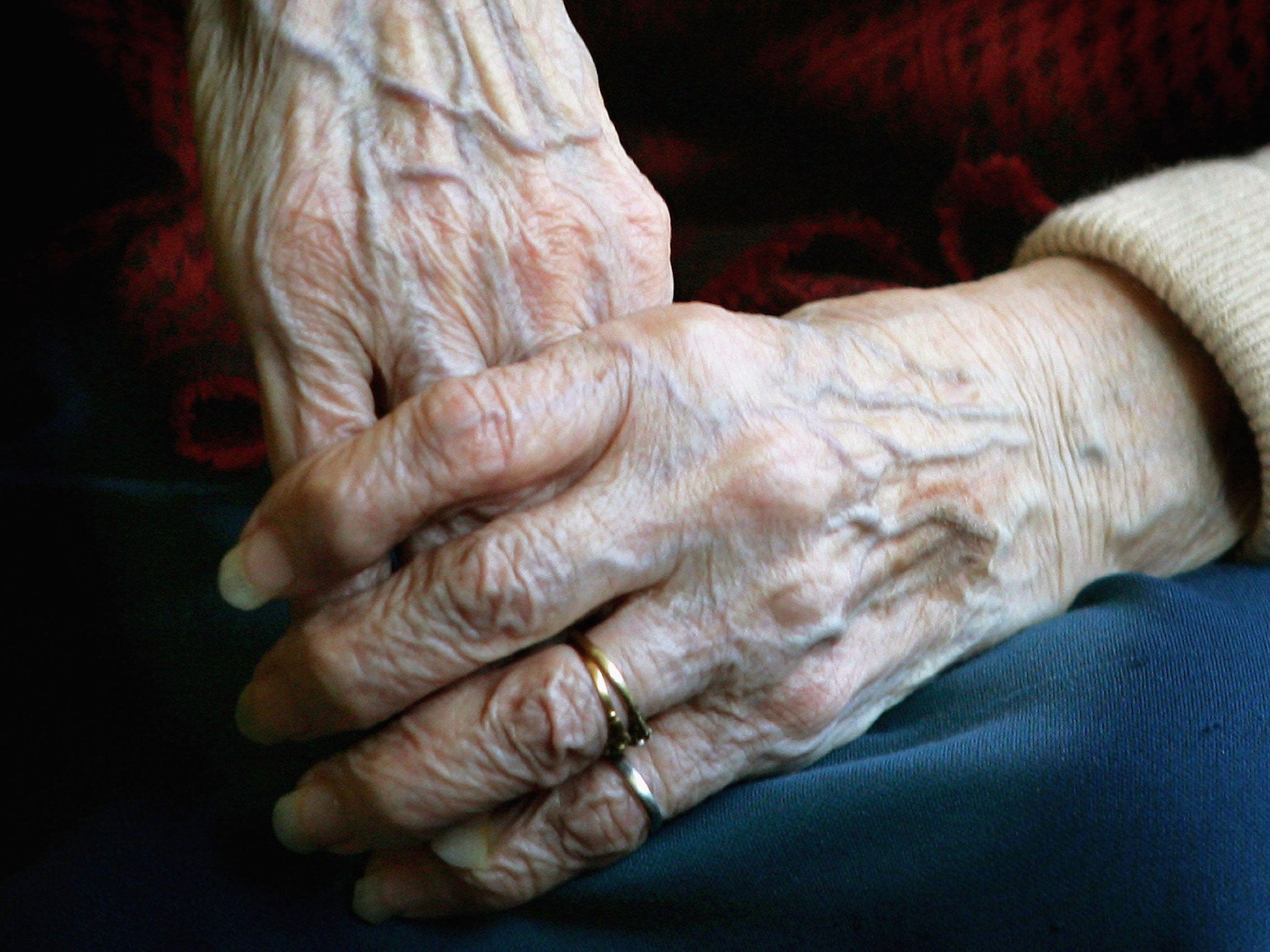NHS plans to save billions by caring for elderly in community blasted as 'wishful thinking'
Group of leading health experts said it was a 'myth' that such measures would mean cash savings

Your support helps us to tell the story
From reproductive rights to climate change to Big Tech, The Independent is on the ground when the story is developing. Whether it's investigating the financials of Elon Musk's pro-Trump PAC or producing our latest documentary, 'The A Word', which shines a light on the American women fighting for reproductive rights, we know how important it is to parse out the facts from the messaging.
At such a critical moment in US history, we need reporters on the ground. Your donation allows us to keep sending journalists to speak to both sides of the story.
The Independent is trusted by Americans across the entire political spectrum. And unlike many other quality news outlets, we choose not to lock Americans out of our reporting and analysis with paywalls. We believe quality journalism should be available to everyone, paid for by those who can afford it.
Your support makes all the difference.NHS plans to take the pressure off hospitals and save billions of pounds by providing better care for the elderly in the community are based on “wishful thinking”, a group of leading health experts have warned.
The “integration” of NHS and council social care services is a key policy goal of both the Government and the Labour Party.
However, a group of experts led by the respected Birmingham hospital boss Dame Julie Moore said it was a “myth” that such measures would mean cash savings for the hospital sector.
In their report, the Commission on Hospital Care for Frail Older People said that better community services were desirable but would only delay the need for hospital stays.
The NHS in England recently put preventative care in the community at the heart of a major plan to save the health service from a £30bn deficit, projected for 2020.
Simon Stevens, NHS England’s chief executive, said that the service would need an £8bn funding increase by that time, but Dame Julie’s report says that the figure is based on the “heroic assumption” that the NHS could save £22bn by working more efficiently.
The report, commissioned by the Health Service Journal, calls on hospital bosses to “forget about government plans” and focus on improving their own services in preparation for an inevitable rise in demand from the ageing population.
Delays in finding long-term care for frail elderly people who are admitted to hospital is one of the biggest problems facing the NHS.
The number of days spent in hospitals by elderly people waiting for a transfer to a care home or residential setting rose to 1.5m in the year to September – its highest ever level.
Join our commenting forum
Join thought-provoking conversations, follow other Independent readers and see their replies
Comments